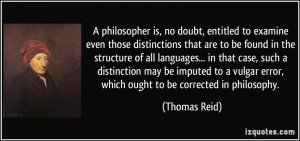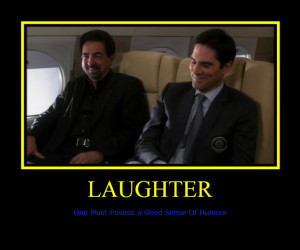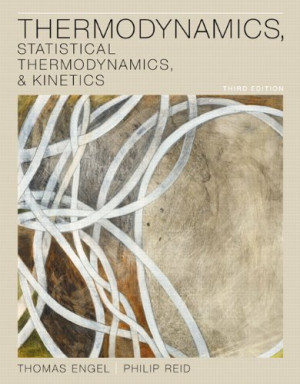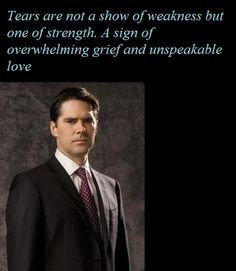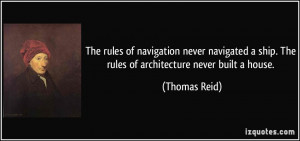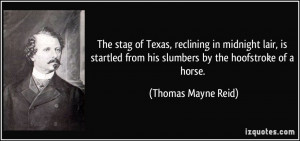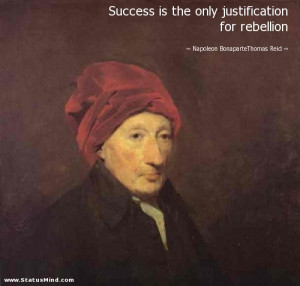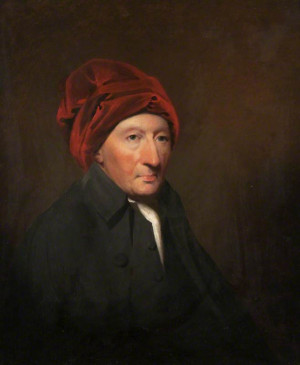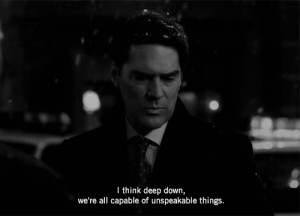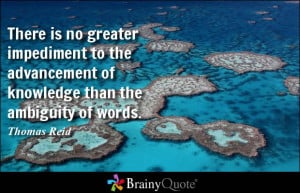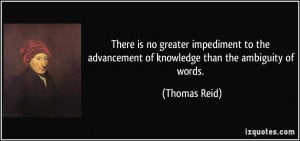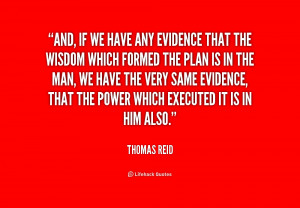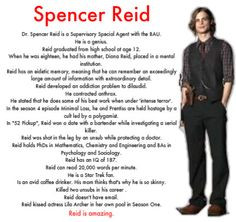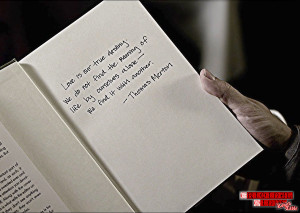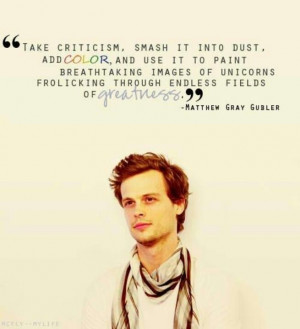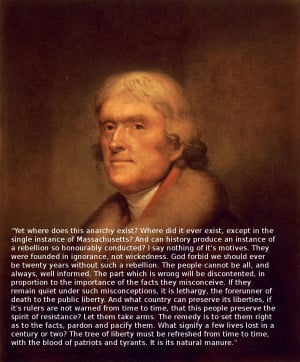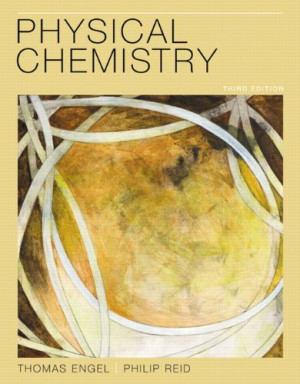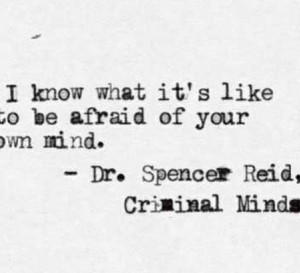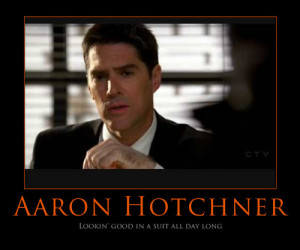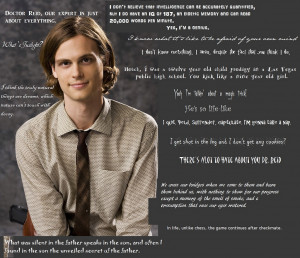Thomas Reid — Scottish Philosopher born on April 26, 1710, died on October 07, 1796
Thomas Reid FRSE was a religiously trained Scottish philosopher, a contemporary of David Hume as well as "Hume's earliest and fiercest critic." He was the founder of the Scottish School of Common Sense and played an integral role in the Scottish Enlightenment. The early part of his life was spent in Aberdeen and he graduated from the University of Aberdeen. He began his career as a Minister of the Church of Scotland but ceased to be a Minister when he was given a professorship at King's College, Aberdeen in 1752. He obtained his doctorate and wrote An Inquiry Into the Human Mind on the Principles of Common Sense. He and his colleagues founded the 'Aberdeen Philosophical Society' which was popularly known as the 'Wise Club'. Shortly after the publication of his first book, he was given the prestigious Professorship of Moral Philosophy at the University of Glasgow when he was called to replace Adam Smith. He resigned from this position in 1781, after which he prepared his university lectures for publication in two books: Essays on the Intellectual Powers of Man and Essays on the Active Powers of the Human Mind. Reid was buried at Blackfriars Church in the grounds of Glasgow College and when the university moved to Gilmorehill in the west of Glasgow, his tombstone was inserted in the main building. See separate article on Thomas Reid's tombstone... (wikipedia)

